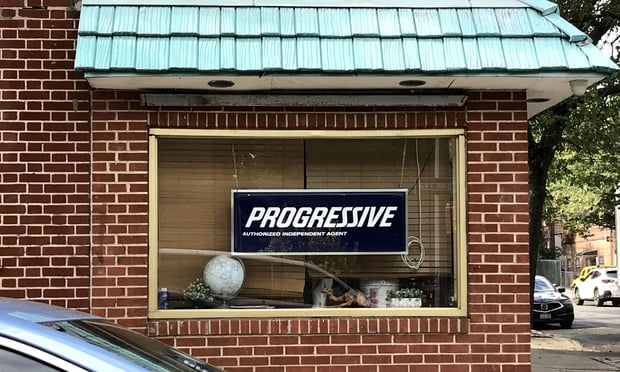The world's three major insurance brokers will once again be able to take contingent commission fees in their managing general agency businesses after renegotiating agreements with New York authorities.
Willis Group Holdings announced it had come to an agreement with New York Attorney General Eliot Spitzer and the New York Insurance Department to amend its settlement eliminating contingent commissions. The agreement, similar to what was announced the week before by Marsh, would allow the broker to accept contingent commissions for its work as a wholesale broker.
In a statement, Willis said the agreement recognizes that with MGA operations, the broker is representing the insurer, and compensation should be more flexible under that arrangement.
"We've always received even treatment from the attorney general's office. We expected this determination and are pleased with this amendment to our [agreement]," Joe Plumeri, chairman and chief executive officer of Willis, said in a statement.
At the time it entered into an agreement with New York's attorney general, Willis also entered into a similar settlement with Minnesota Attorney General Mike Hatch. A representative for Willis did not know how the Minnesota agreement would be affected by the deal in New York, or if negotiations were taking place there.
A representative for the New York Insurance Department said Aon has also entered into a similar agreement that would allow it to accept contingent commissions on its MGA business. Aon did not return a call for comment.
The fourth broker to enter into an agreement barring it from accepting contingent commissions--Arthur J. Gallagher--does not need to renegotiate its agreement, according to a representative for the Itasca, Ill.-based firm.
Gallagher--which settled with Illinois Attorney General Lisa Madigan and the state's Division of Insurance--was barred only from taking contingent commissions on its retail business. The agreement did not bar it from accepting commissions on its MGA business, the broker's representative said.
The original settlements on contingent fees followed charges that retail brokers were rigging bids and steering insurance contracts to carriers paying the highest contingent commissions.
Accusations against Marsh extended beyond simple steering, to allegations of accepting kickbacks and creating bogus bids to control the placement of volume-based contingent commissions.
Want to continue reading?
Become a Free PropertyCasualty360 Digital Reader
Your access to unlimited PropertyCasualty360 content isn’t changing.
Once you are an ALM digital member, you’ll receive:
- Breaking insurance news and analysis, on-site and via our newsletters and custom alerts
- Weekly Insurance Speak podcast featuring exclusive interviews with industry leaders
- Educational webcasts, white papers, and ebooks from industry thought leaders
- Critical converage of the employee benefits and financial advisory markets on our other ALM sites, BenefitsPRO and ThinkAdvisor
Already have an account? Sign In Now
© 2024 ALM Global, LLC, All Rights Reserved. Request academic re-use from www.copyright.com. All other uses, submit a request to [email protected]. For more information visit Asset & Logo Licensing.








